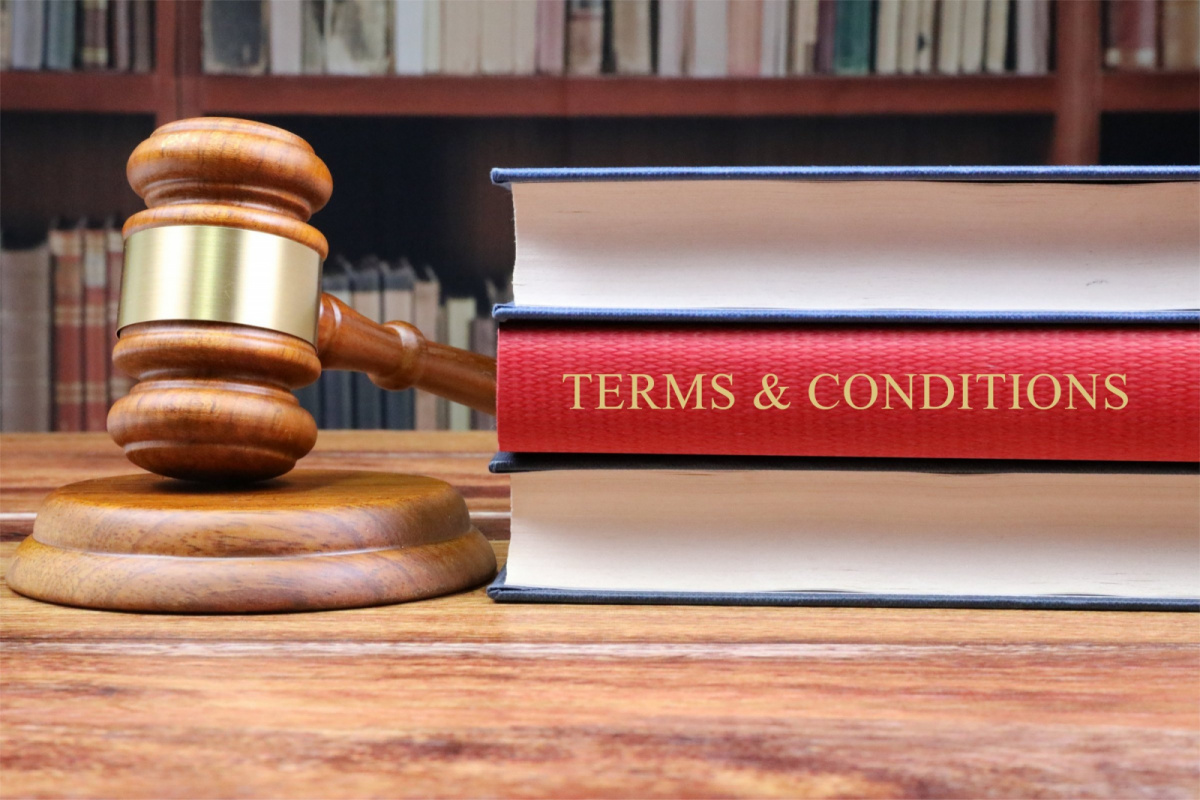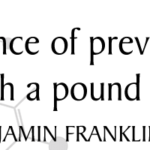A limitation of liability clause is a term in an agreement that limits potential exposure if a lawsuit or claim is filed. Liability caps can focus on prohibiting liability beyond specific amounts of money:
- A fixed amount of money;
- Compensation and fees paid during the agreement;
- Insurance proceeds/coverage; and
- A multiple of #1 and/or #2
This is rather straightforward. Limiting the types of damages that can be recovered is trickier. Many agreements permit parties to recover only “actual damages” or “direct damages”, which are damages that are reasonably foreseeable at the time of contracting. These damages directly flow from the breaching party’s non-performance. An oft-used example is the cost of procuring goods to replace goods that were either never delivered or defective.
Logically, this limitation means that “indirect damages” would not be recoverable. Indirect damages fall into two categories: (1) incidental damages; and (2) consequential damages. Incidental damages are damages the non-breaching party incurs when collecting direct damages. Using the example above, the allocation of additional labor and employment costs to procure replacement goods are incidental damages. Consequential damages resulting from a contract breach are specific to the parties’ agreement even if they are reasonably foreseeable. To stick with the example above, lost profits and legal fees to enforce the agreement are consequential damages.
Similarly, clauses can be across-the-board liability caps or they could apply only to certain causes of action. For example, limitations may exist for all claims other than those caused by “gross negligence or intentional misconduct.”
The economics of an agreement dictate whether to favor or oppose attempts to limit damages by amount, type, or claim. The quality of your attorney will dictate whether a limitation of liability clause meets or fails to meet the legal standards governing enforceability.
Please contact an experienced attorney for advice on this issue.
David Seidman is the principal and founder of Seidman Law Group, LLC. He serves as outside general counsel for companies, which requires him to consider a diverse range of corporate, dispute resolution and avoidance, contract drafting and negotiation, real estate, and other issues. He can be reached at david@seidmanlawgroup.com or 312-399-7390.
This blog post is not legal advice. Please consult an experienced attorney to assist with your legal issues.














